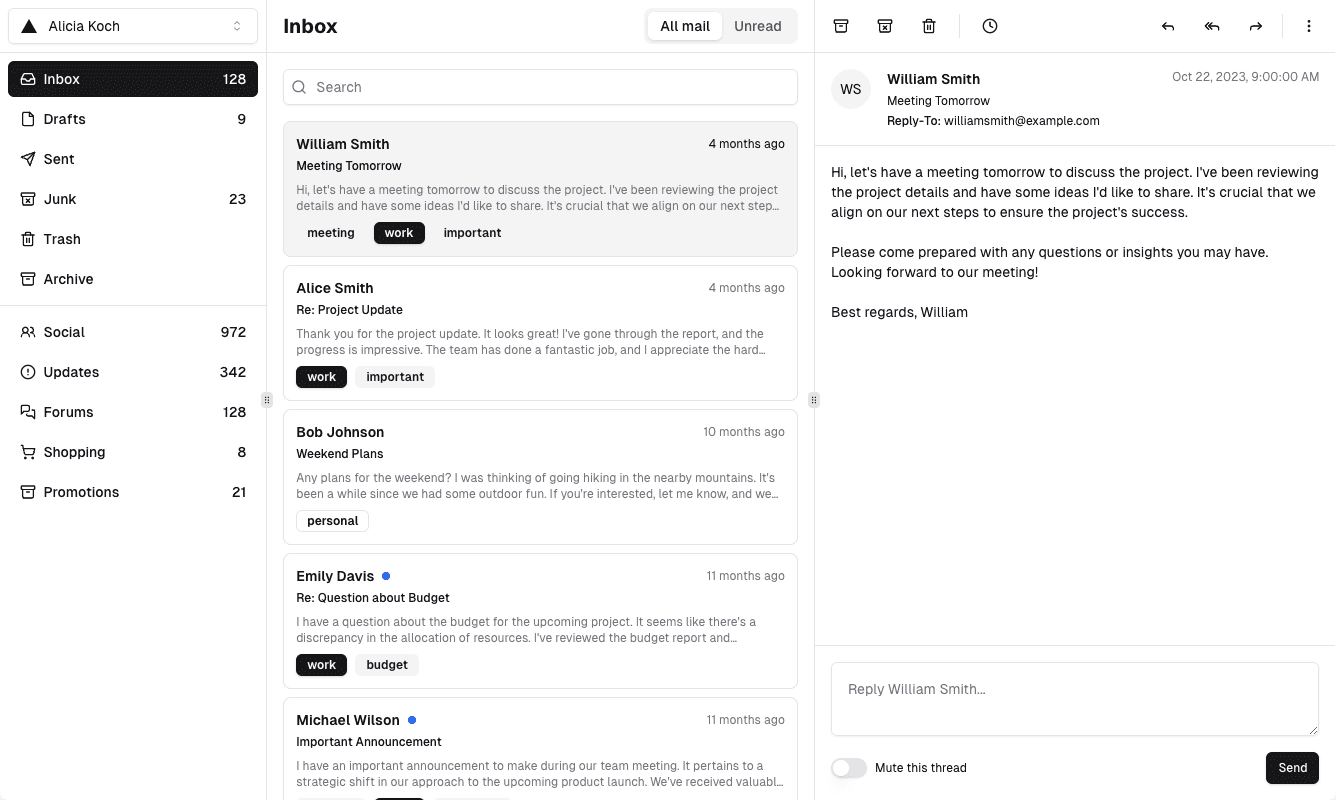AgentSerp's architecture is built on years of experience with web access challenges for AI systems. In this technical exploration, we'll unpack how our platform works under the hood.
System Architecture
AgentSerp consists of several interconnected components:
- API Gateway: Handles authentication, rate limiting, and request routing
- Search Engine: Provides optimized search results from multiple sources
- Content Extraction Engine: Intelligently processes web content into clean, structured data
- Research Orchestrator: Manages complex, multi-step research workflows
- Caching System: Improves performance for frequently accessed content
This modular design allows for both simple, quick interactions and complex, long-running operations.
The Search Capabilities
Our search engine is designed specifically for AI consumption:
// Example search request
const response = await fetch('https://api.agentserp.com/search', {
method: 'POST',
headers: {
'Content-Type': 'application/json',
'Authorization': 'Bearer YOUR_API_KEY'
},
body: JSON.stringify({
query: 'latest advancements in quantum computing',
results_per_page: 10,
include_snippets: true
})
});
const data = await response.json();The search results are structured to maximize relevance and minimize noise, with options for filtering, ranking adjustments, and content enrichment.
Intelligent Content Extraction
The content extraction engine uses a combination of techniques:
- Structural analysis to identify the core content
- Machine learning models to recognize content types (articles, product pages, etc.)
- Format-specific processors for handling tables, lists, and other structures
This enables extraction of clean, useful data from virtually any website:
// Example extraction request
const response = await fetch('https://api.agentserp.com/extract', {
method: 'POST',
headers: {
'Content-Type': 'application/json',
'Authorization': 'Bearer YOUR_API_KEY'
},
body: JSON.stringify({
url: 'https://example.com/article',
extraction_mode: 'article',
include_images: false
})
});
const data = await response.json();Deep Research Workflows
For complex research tasks, the Research Orchestrator manages:
- Query planning: Breaking down complex questions into sub-tasks
- Sequential execution: Running tasks in the optimal order
- Data synthesis: Combining results from multiple sources
- Progress tracking: Monitoring long-running operations
A typical deep research task might involve dozens of individual searches and extractions, all managed automatically:
// Example research request
const response = await fetch('https://api.agentserp.com/research', {
method: 'POST',
headers: {
'Content-Type': 'application/json',
'Authorization': 'Bearer YOUR_API_KEY'
},
body: JSON.stringify({
research_question: 'Compare the environmental impact of electric vs. hydrogen vehicles',
depth: 'comprehensive',
max_runtime_minutes: 120
})
});
// Get a task ID for the long-running operation
const { task_id } = await response.json();
// Check status and retrieve results when complete
const statusResponse = await fetch(`https://api.agentserp.com/tasks/${task_id}`);Performance Optimization
AgentSerp employs several techniques to ensure high performance:
- Smart caching of frequently requested content
- Parallel processing for data enrichment at scale
- Request batching to minimize API calls
- Content preprocessing to reduce parsing overhead
These optimizations allow for efficient handling of thousands of requests per second while maintaining reliability.
Integration Patterns
AgentSerp is designed to integrate seamlessly with existing AI systems:
- Direct API integration: For custom applications
- Function calling compatibility: With OpenAI and similar frameworks
- Tool configuration: For agent frameworks like LangChain
This flexibility ensures that AgentSerp can enhance virtually any AI agent architecture with minimal code changes.
Start exploring AgentSerp today and give your AI agents the reliable web access they need.
